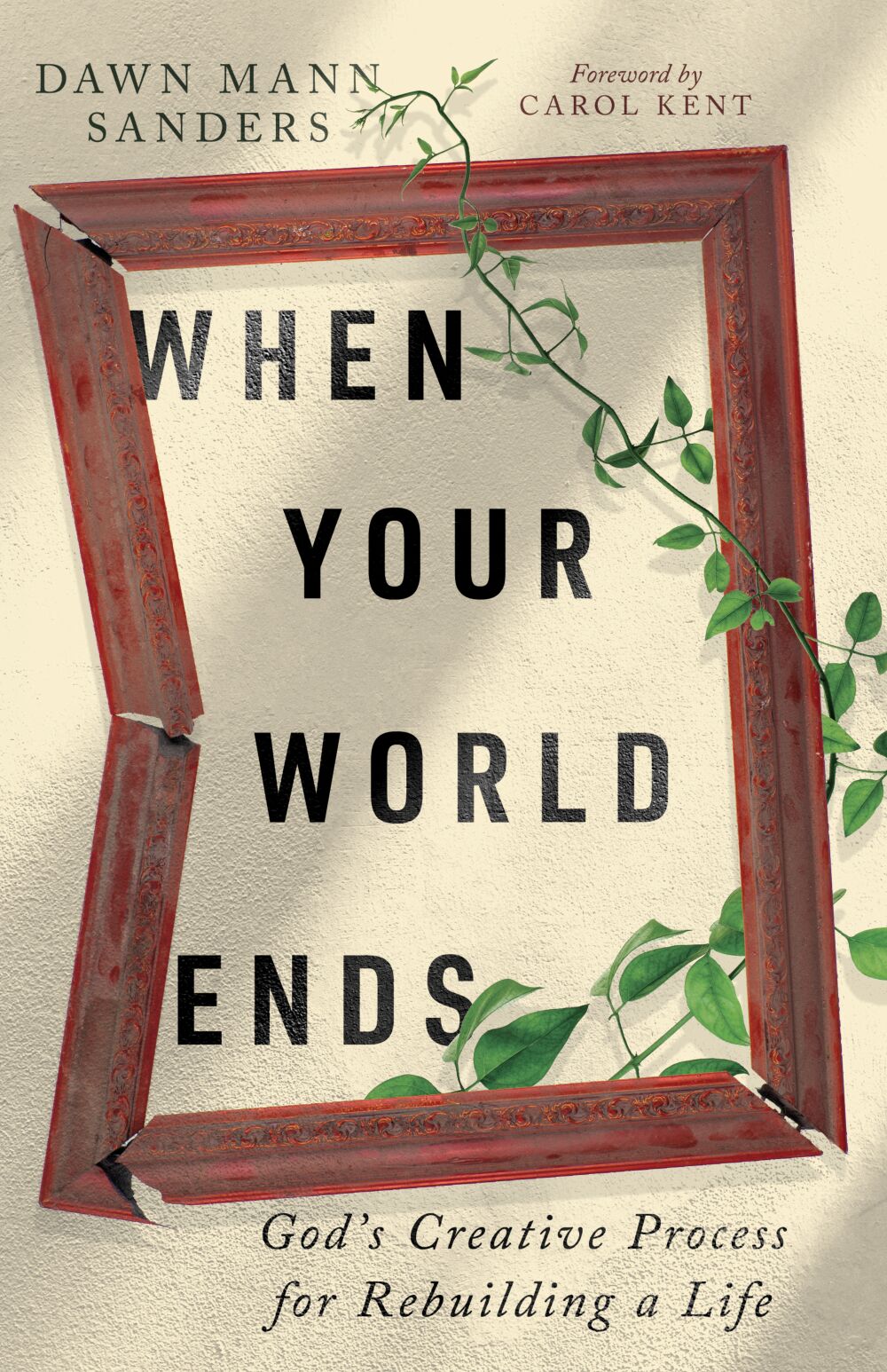As I wrote in my welcome post, prior to my breakthrough a month ago, my writer’s block was so severe I couldn’t even journal. That says something because I journaled daily and could easily write upward of 15 or more pages on any given day. Prior to Reggie’s passing, words flowed freely—afterward, not so much.
On several occasions, I tried unsuccessfully to journal. A few times, several days passed before the words stopped. Even on those occasions, my journal entries were brief and didn’t have the same flavor as before. They were mechanical as if I just went through the motions.
The same thing happened when I tried to spend time with God. It just wasn’t the same. That’s when I realized my writer’s block was a symptom, not the disease.
When I treated the disease, the symptoms naturally cleared up.
You see, before Reggie’s passing, my devotion time was authentic, rich, and dynamic consisting of a mixture of praying, reading, meditating, and journaling. During the week, Reggie would spend time with God, get ready for work, and then wake me to pray together before leaving. So, I began most days praying with Reggie before continuing my devotions alone and starting my day.
Reggie’s death changed that. Praying first thing in the morning now reminded me of Reggie. It was more than early morning prayers though. Our faith was an integral part of our relationship. We met at church, worshipped together, and did ministry together. So, most things faith-related reminded me of Reggie and what we shared, which means in the days following his passing, most things faith-related were extremely painful.
As a result, many of those things changed for me. Oh, I still spent time with God and went to church. I even worshipped and ministered, but it was not the same. My motivation changed. Instead of joy, I did these things out of obedience. The sacrifice of praise (Jeremiah 33:10-11) replaced the joy I previously felt in God’s presence.
The hardest hit was my time with God. Going to church and doing ministry were easier because of the people. The love of my faith community made church and ministry bearable. I didn’t have them when I was alone with God. It was just He and I.
And the truth is it was painful being alone with Him. At first, I struggled through it, but it was mechanical. I just went through the motions, so I could check it off my list.
I shared with God that it hurt when I tried to spend time with Him daily like I used to. I felt Him say, “It’s okay.” That freed me.
On one of those occasions, I shared with God that it hurt when I tried to spend time with Him daily like I used to. I felt Him say, “It’s okay.” That freed me. God wasn’t judging me for my inability to spend time with Him right then. God’s okay reminded me that God considered the quality (the position of my heart) more important than the quantity (the frequency). When I realized that, I stopped judging myself too. I stopped being legalistic about spending time with God. I stopped trying every day just so I could check it off my list.
When I stopped being legalistic, I could see that not only had I changed and my relationship with God changed, but, at least to me, God Himself had changed. Don’t get me wrong. The Bible says, God “is the same yesterday, today, and forever” (Hebrews 13:8) and I believe that. What changed was my understanding of who God is.
God is the same yesterday, today, and forever. ~ Hebrews 13:8
Before Reggie died, I didn’t think God would allow me that level of pain. I learned that afternoon that He would and did. As I have said often since then, “After being in the Light, I didn’t know that it could get that dark. But it did.”
Experiencing that level of pain fractured the trust I had in the God I knew Him to be. I say fractured because my trust wasn’t completely broken. I still trusted Him to heal me of the pain, but I didn’t trust Him to protect me from the pain.
Since this wasn’t the God I thought I knew, it wasn’t as simple as just rebuilding my fractured trust. I first had to get to know who I now knew God to be. I had to reconcile the God I knew with the God I now know. So, I had to get to know God and learn to trust Him all over again. That would take time. As with most fractured relationships, restoration takes time. Our relationship needed to grow into the deep, rich, dynamic relationship we once shared.
I wish I could say that journey is over. It isn’t, but we are on our way. A sign of that is the breakthrough I got last month. It came through a moment with God. That reminded me that though all my writing wasn’t about God, it all originated from my relationship with Him. As a result, when my flow of communication stopped with Him, it stopped with you through my writing.
Treat the disease, not just the symptoms. Share on XNow, my relationship with God has healed enough that the flow of words is no longer blocked. That confirmed my writer’s block was a symptom, not the disease. When I was legalistic and forcing a relationship that was damaged, I attempted to treat a symptom—writing in my journal, rather than the disease—a damaged relationship. When I treated the disease, the symptoms naturally cleared up. So, the lesson I learned I pass on to you—treat the disease, not just the symptoms.
Questions:
- What relationships in your life need healing?
- How are you going to treat the disease rather than the symptoms?







